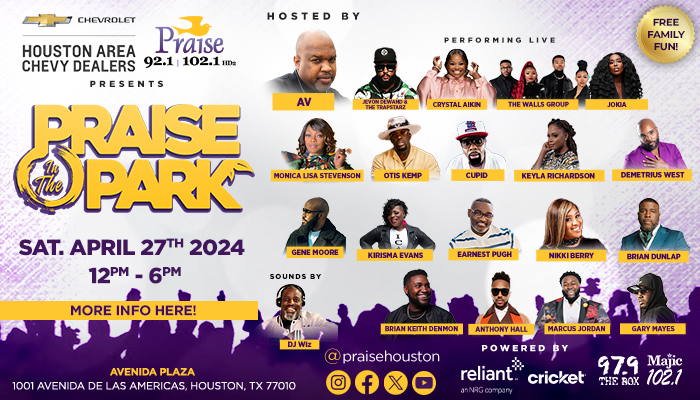In 2008, the mother of a 13-year-old boy with autism was told her son could no longer attend their family church. In fact, the church had a restraining order against the child. One Sunday, the County Sheriff met the mother at the end of her driveway to warn her she would be arrested if she tried to take her son to church.
The story bothered me. It bothered me a LOT. Of course there are (at least) two sides to every story, but how could this have ended so badly? What chain of events led to such a lose-lose situation?
The story brought up many painful feelings I had about going to church. We had not really participated in a faith community for a long time because it was (or certainly seemed to be) too hard to integrate my son into a church environment. There were so many battles to fight in life: schools, insurance companies, even grocery stores! The final insult was haggling with a church to ensure my son (and thus my family of which he is an inseparable part) over inclusion. It was just a bridge too far.
But that didn’t make any sense to me. If I taught my son nothing else, and I mean NOTHING else, what good was it if he knew nothing of our faith, our God?
What I find fascinating (and by that I mean infuriating) is that often the people who claim to be most understanding, most inclusive and most loving are often actually the most judgmental, UN-welcoming people out there. Sure, many faith communities have taken the trouble to build ramps or make accommodations for people with physical disabilities. Sorry to say folks, but that’s the easy stuff. When are we going to get to the hard stuff?
The hard stuff is making successful inclusion happen for people whose disabilities have behavioral manifestations, like autism, bipolar disorder, Tourette Syndrome. Many people can understand that children with autism may have behavior challenges, but they seem to think that because a place of worship should be quiet and reverent that a child can somehow leave their disability “at the door”. If walking into a place of worship cured my son’s autism, I’d live in one. It doesn’t work that way. His disability follows him right inside the door, past ornate statues, alongside people in fancy-colored robes, among people praying and singing – you name it, it’s there.
I was raised as a Christian. Christians are fond of asking “What would Jesus do?” (In fact, they are so fond of asking it, they sometimes sport bracelets that simply say “WWJD?”) Would he turn my son away? What about your faith, whatever it may be? Is it consistent with your beliefs that people with challenges and their families, who likely need supportive fellowship more than anyone on the planet, should be excluded from worship?
After I read about the incident in 2008, I conducted a few online surveys among the discussion groups to find out what parents were saying about their faith communities and inclusion, in particular if they had a family member with autism. What I found was really no surprise. Many people responded they had stopped participating in their faith communities because they felt they were not welcome, it was just too hard, or had even been told not to come back.
There were some respondents, though in the minority, who reported very good experiences with their faith communities. Some had formal disability ministries. Some even let children participate in “regular” programming. Others provide separate environments for children (and even adults) with disabilities while other family members attend “regular” classes or services. OK, not exactly inclusion, but a step in the right direction. It’s safe to say, like all of us individually, inclusive faith communities are, at best, a work in progress.
There are some folks out there, pioneers really, who care very much about the subject of faith and disability. In 2009, I formed Katy Faith & Disability Network and together with St. Peter’s United Methodist Church in Katy, we held our first symposium featuring keynote speaker William Gaventa, MDiv, of the Elizabeth M. Boggs Center on Developmental Disabilities, who was (and I don’t use this word lightly) awesome and inspiring. This year, we are hosting our second symposium on September 16, again at St. Peter’s UMC. (St. Peter’s is working very hard to “walk the walk” and not just “talk the talk.”) I am very excited to hear this year’s featured presenter, Kathleen Deyer Bolduc , author of three books on the subject including Autism & Alleluias.
If you are interested in the subject of inclusive faith communities and would like to attend the symposium (or would like to get information to pass on to your leadership), please leave a comment and I’ll get you the details. If you’re on Facebook, search for Katy Faith & Disability and become a fan of our page for updates.









